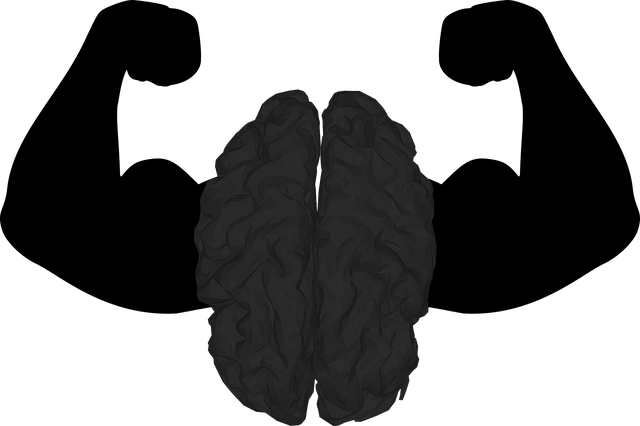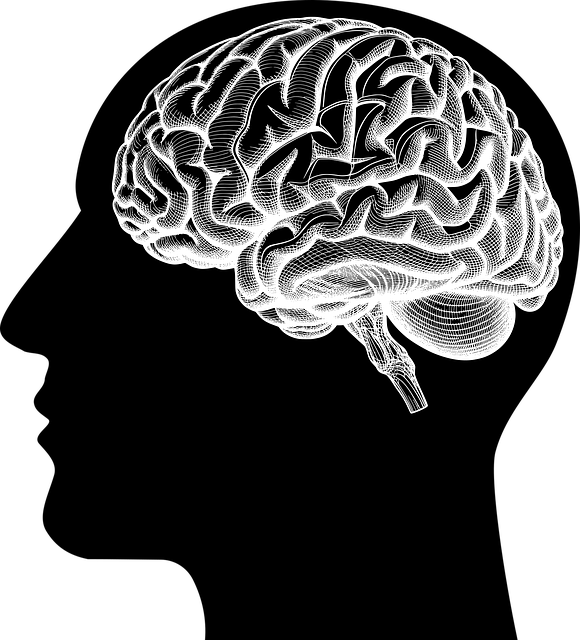Greenwood Village Bipolar Disorder Therapy emphasizes cultural competency training for healthcare providers to address mental health disparities. By understanding diverse cultural backgrounds, values, and practices, therapists can tailor effective interventions for complex conditions like bipolar disorder. Comprehensive training programs, including workshops, case studies, and role-playing, empower professionals to recognize biases, build trust, and provide culturally sensitive care. Measuring the success of these initiatives through surveys and patient outcomes demonstrates improved retention, adherence, and mental health results, particularly in diverse communities. This approach ensures that all patients, regardless of their cultural backgrounds, receive personalized, high-quality therapy.
Cultural competency in healthcare is no longer a nice-to-have, but an essential framework. This article explores the critical need for training among healthcare providers, focusing on mental health treatment and the unique challenges faced by diverse communities. We delve into case studies, such as Greenwood Village Bipolar Disorder Therapy, to highlight the impact of cultural sensitivity. By examining evidence-based strategies for training programs and measuring success, we aim to revolutionize healthcare delivery, ensuring equitable care for all.
- Understanding Cultural Competency in Healthcare: A Necessary Framework
- The Impact of Cultural Biases on Mental Health Treatment
- Greenwood Village Bipolar Disorder Therapy: A Case for Cultural Sensitivity
- Designing Effective Training Programs for Healthcare Providers
- Measuring and Evaluating the Success of Cultural Competency Initiatives
Understanding Cultural Competency in Healthcare: A Necessary Framework

Cultural competency in healthcare is a critical framework that ensures medical professionals can effectively and sensitively provide care to patients from diverse backgrounds. It involves understanding and appreciating cultural differences, values, beliefs, and practices, enabling healthcare providers to deliver personalized and accessible services. In the context of Greenwood Village Bipolar Disorder Therapy, this approach is especially vital as mental health issues often intersect with cultural identities, requiring tailored interventions.
The implementation of Healthcare Provider Cultural Competency Training and Community Outreach Program initiatives plays a significant role in enhancing care quality. By equipping healthcare workers with knowledge about various cultures, they can better recognize and address specific needs. This is particularly relevant when addressing conditions like depression, where cultural factors might influence symptoms and treatment preferences. Such training ensures that professionals are prepared to provide inclusive care, fostering trust and improving outcomes for all patients, regardless of their cultural backgrounds.
The Impact of Cultural Biases on Mental Health Treatment

Cultural biases can significantly impact mental health treatment, often leading to disparities in care. When healthcare providers hold unconscious stereotypes or assumptions about different cultural groups, it can influence their interactions and decisions with patients. This bias may result in misdiagnoses, inadequate treatment plans, or even a lack of empathy, particularly when dealing with complex conditions like bipolar disorder. For instance, a study revealed that minority individuals often receive less access to specialized therapy, such as Greenwood Village bipolar disorder therapy, due to these biases.
Understanding cultural differences is crucial for effective crisis intervention guidance and stress management techniques. Healthcare professionals must be trained to recognize their own biases and provide culturally sensitive care, ensuring every patient receives the best possible support for their mental wellness journey. This involves learning about diverse cultural practices, beliefs, and communication styles to foster an inclusive environment where all individuals can thrive.
Greenwood Village Bipolar Disorder Therapy: A Case for Cultural Sensitivity

In Greenwood Village, where cultural diversity is a vibrant aspect of the community, addressing mental health challenges like bipolar disorder requires a nuanced approach. Cultural sensitivity in therapy becomes an indispensable tool for healthcare providers, as it facilitates deeper connections with clients from various backgrounds. The unique cultural context and beliefs of individuals can significantly impact their understanding and management of bipolar disorder, making cultural competency training vital for therapists in this area.
By incorporating strategies tailored to the diverse population of Greenwood Village, therapists can enhance the effectiveness of bipolar disorder therapy. This may involve learning about specific cultural practices, communication styles, and views on mental wellness. For instance, a therapist might explore how traditional healing methods or community support networks can complement evidence-based treatments. Through such training, Greenwood Village Bipolar Disorder Therapy can evolve to meet the unique needs of its diverse clientele, ensuring better outcomes and improved access to quality care for all.
Designing Effective Training Programs for Healthcare Providers

Effective cultural competency training for healthcare providers requires a structured approach that goes beyond surface-level awareness. Programs should incorporate interactive workshops, case studies reflecting diverse patient populations, and role-playing scenarios to foster empathy and understanding. Encouraging open dialogue about unconscious biases and challenging stereotypes is crucial.
At Greenwood Village Bipolar Disorder Therapy, we believe in empowering healthcare professionals with the tools to deliver culturally sensitive care. Our training emphasizes active listening, nonverbal communication, and tailoring treatment plans to individual needs and cultural contexts. By integrating positive thinking, burnout prevention strategies, and confidence-boosting techniques, we equip providers with the resilience needed to overcome challenges and build stronger patient relationships.
Measuring and Evaluating the Success of Cultural Competency Initiatives

Measuring the success of cultural competency initiatives is vital for healthcare providers to ensure their effectiveness and positive impact on patient care, especially in diverse communities like Greenwood Village, where bipolar disorder therapy may be required. Organizations can employ various methods to assess progress, such as pre- and post-training surveys to gauge knowledge gain and attitude shifts among staff. These evaluations should include questions related to cultural awareness, communication skills, and confidence in providing culturally sensitive care.
Additionally, long-term tracking of patient outcomes and satisfaction ratings can offer valuable insights. By comparing data from before and after the implementation of cultural competency training, healthcare providers can identify improvements in patient retention, treatment adherence, and overall mental health outcomes, including those seeking bipolar disorder therapy in Greenwood Village. This comprehensive approach to evaluation ensures that initiatives are not only reaching their intended goals but also making a tangible difference in the lives of patients from diverse backgrounds, while simultaneously enhancing risk management planning for mental health professionals through continuous learning and improvement.
Cultural competency training is a vital tool in healthcare, as evidenced by initiatives like Greenwood Village Bipolar Disorder Therapy. By understanding cultural biases and designing effective training programs, we can significantly improve mental health treatment outcomes. Measuring the success of these initiatives is crucial to ensure that healthcare providers are equipped to offer sensitive and culturally aware care. This comprehensive approach not only enhances patient satisfaction but also fosters a more inclusive and equitable healthcare system.













